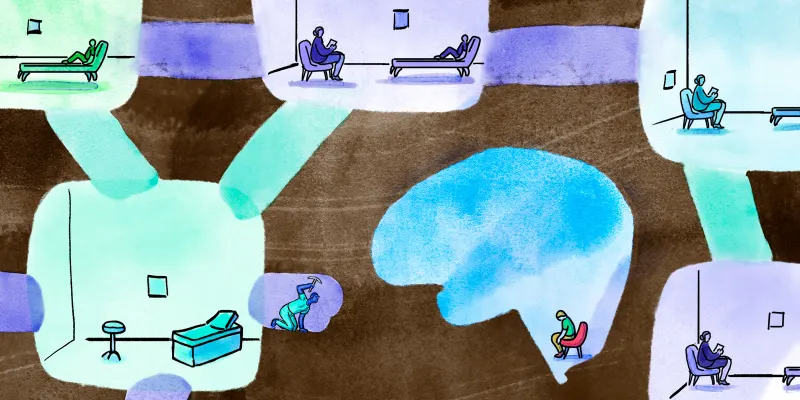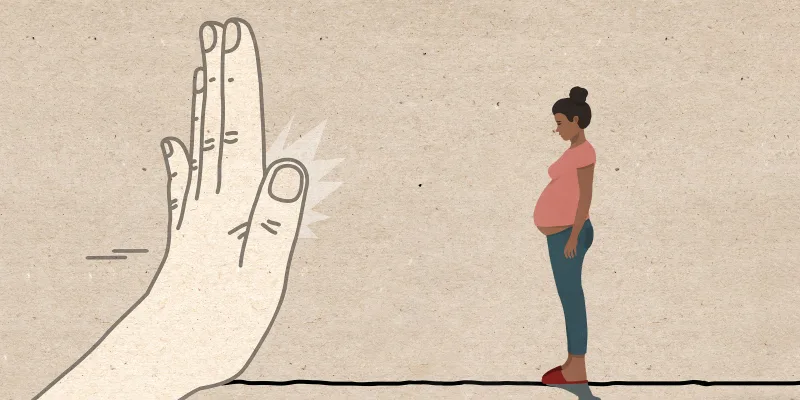 The practice of medicine is built upon a complex web of health care professionals, providers, caregivers and patients, all sharing mostly common goals. To work well together, each party must understand and trust the other. But somewhere along the way, we’ve lost touch and we’ve lost trust. Earning it back will take steps, both large and small.
The practice of medicine is built upon a complex web of health care professionals, providers, caregivers and patients, all sharing mostly common goals. To work well together, each party must understand and trust the other. But somewhere along the way, we’ve lost touch and we’ve lost trust. Earning it back will take steps, both large and small.
I remember one of my own patients, when I was 30 minutes late for her first visit. By the time I saw her, she was understandably furious. Instead of being defensive, I apologized sincerely. She calmed down. We were able to start over and tackle the issue that had brought her in.
Fast forward, we worked together in sickness and health, patient and physician, for the next 20 years. That encounter taught me that people need to be respected and heard in the doctor’s office, or the trust needed to care for them in the way they deserve will never develop.
That lesson is even more important today, in an environment where trust in established institutions — including health care — has been declining. Faith in government, the news media and even higher education is faltering. Social media has diminished expertise by providing access to alternative knowledge that may lack solid research and evidence. We don’t need to look further than the current resurgence of measles, a disease that had been eradicated in 2000, as a reminder of what can happen when trust is ruptured between physicians, health care organizations and patients.
In an environment of 24-hour reporting, questionable medical “facts” and purported “miracle cures,” expertise, and trust in proven experts matters now more than ever. With little ability to control their own narrative in this digital age, physicians, health care institutions, and other stakeholders may feel powerless in the struggle to build the trust that has always underpinned effective medical care. Overcoming current trends that erode trust in health care requires a different, collaborative, 360-degree approach that engages everyone.
When an organization, just like an individual, loses trust, it is both challenging to accept and a clarion call to change. I know how that feels as both a person who interacts with the health care system and leader of the American Board of Internal Medicine. We learned a lot when we lost touch with our diplomates and lost trust from many of them. It’s really disappointing, not to mention disconcerting, knowing you may never fully regain what has been lost, but it also increases one’s zeal to safeguard and nurture trust going forward.
Simply put, incubating trust is the way our organization operates now. Last year, leading innovators in health care met to examine trust in a variety of contexts, interactions and relationships, including physician to patient, patient to physician, physician to physician, physician to health system, physician to payer, physician to government and health care systems to the communities they serve.
Since January, JAMA has published a series of Viewpoint articles written by those leading innovators, based on those discussions, which suggest new ways to approach nurturing trust to support better patient care. The JAMA series complements a national Trust Practice Challenge recognizing physicians who directly address the “trust gap” in health care by identifying and promoting existing practices that foster trustworthiness.
These are merely first steps. Over the long-term, we need more strategies to foster trust, possibly by combating misinformation in health care, strengthening ties between health care systems and patient communities, convening forums about trust for health care stakeholders and developing evidence-based tools to measure trust within organizations for self-assessment.
We want to continue collaborating with others to build trust between and among our peers. This will require many things: vulnerability, competency, integrity, transparency, compassion, responsiveness, bold thinking and perhaps most of all — patience. Gaps in trust present opportunities for rebirth that can revitalize processes and institutions. This is hard work, to be sure, but it is work we can and must do for our profession and for our patients.
Richard J. Baron, MD is the President and CEO of the ABIM Foundation and the American Board of Internal Medicine.
Image by Viktoria Kurpas / Shutterstock






